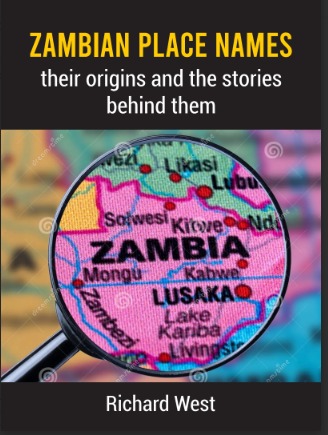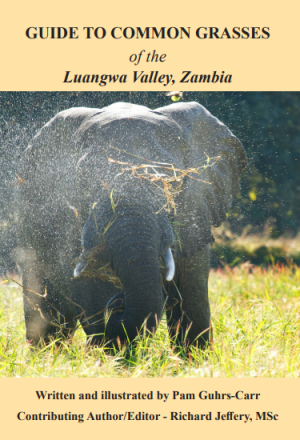Description
Who invented the name Zambia? Who was Chief Lusaaka? Were Kabulonga and Kabwata his daughters? Why does Kitwe mean ‘big head’? Who was Bwana Mkubwa? We know about Victoria, but what do the names of other waterfalls of Zambia mean? Why did they laugh in Kasama? Why were they quiet in Kalulushi? Zambian Place Names brings together the names of over 1000 places in Zambia, with their origins, meanings and the fascinating stories behind them. The collection covers villages, towns and cities of Zambia, as well as rivers, lakes, waterfalls, airports, bridges, universities and colleges, and sporting venues.
This book will be welcomed not only by the people of Zambia, but also by tourists and other visitors to the country, as well as geographical names authorities, cartographers, linguists, researchers, and everyone interested in place names everywhere in the world. Zambian Place Names complies with all the specifications recommended by the United Nations regarding a publication of …
this type. It ensures the implementation of United Nations resolutions that recommend the preservation and promotion of indigenous and minority place names as part of the linguistic, cultural and historical heritage of the country. This book will serve as an inspiration and a model for African and other countries to follow. Professor Peter E Raper, Former Chairman, UNGEGN
THE AUTHOR
Richard West was born in London (‘place that floods’?) and graduated from the University of Bristol (‘place of the bridge’). He trained as a teacher of English at the newly-created University of Zambia in 1968. He then taught at Mankoya (‘place of the Nkoya people’), Kaoma (‘small stream’ or ‘ceremonial drum’) and
Kabulonga (‘wife of the soil’) Secondary Schools before moving to the recently-established Zambia Institute of Technology (now the Copperbelt University) in Kitwe (‘big head’). On returning to the UK, he worked at the University of Manchester (‘camp on the breast-shaped hill’) for twenty years.



